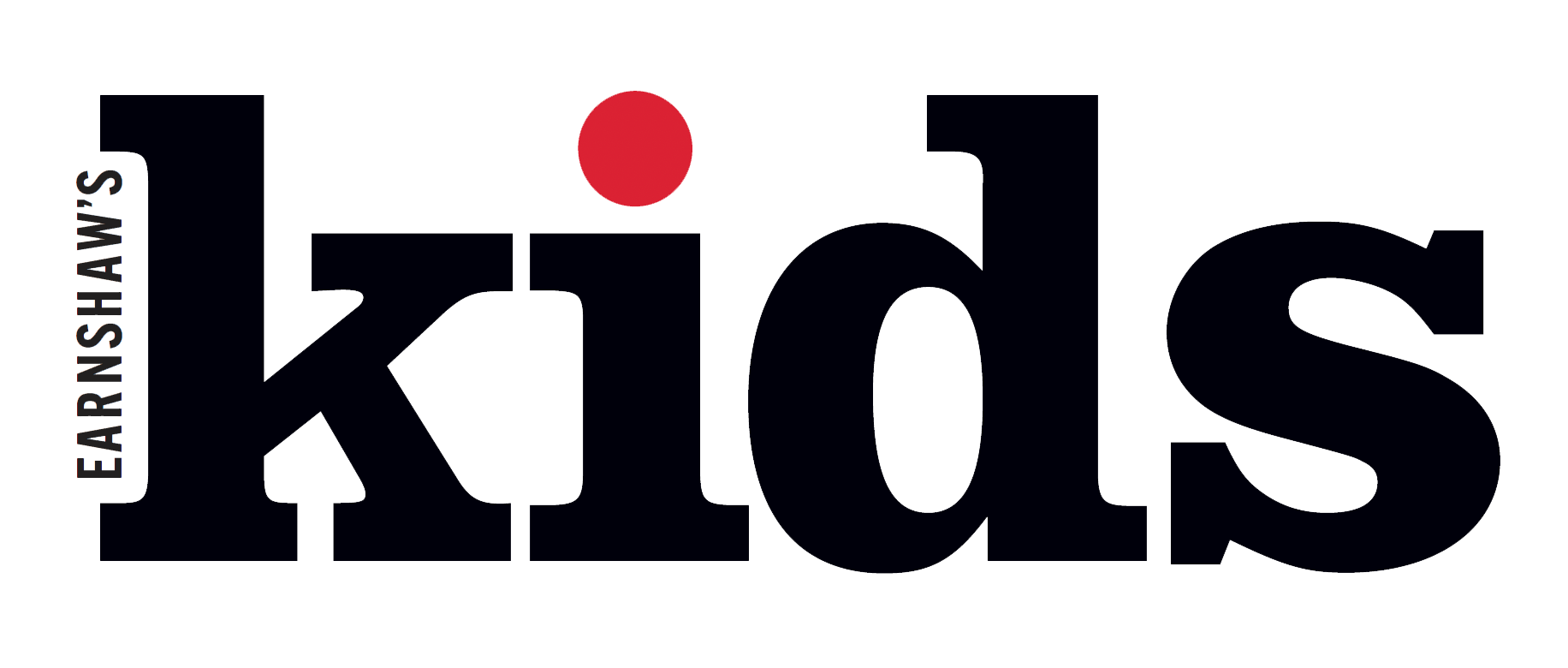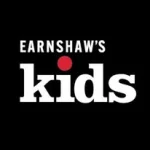Social awareness starts in the crib with Tiny Revolutionary’s line of progressive infant and toddler apparel. IT’S A MODERN age conundrum: A baby is on the way and her two moms, one with a background in apparel and who now confesses to having a shopping addiction during that nine months, cannot find baby clothing that […]
Social awareness starts in the crib with Tiny Revolutionary’s line of progressive infant and toddler apparel.
IT’S A MODERN age conundrum: A baby is on the way and her two moms, one with a background in apparel and who now confesses to having a shopping addiction during that nine months, cannot find baby clothing that combines cool graphics with inspiring messages. Sound like the making of a revolution? BreeAnne Clowdus and Courtney Howe thought so and pioneered Tiny Revolutionary in 2006, an organic line of one-pieces and T-shirts with original art and slogans intended to inspire and prepare children to improve their world. With Clowdus conceptualizing designs and Howe acting as the company’s “voice of reason” keying in on voids in the market, Tiny Revolutionary has become a go-to source for quirky, progressive-thinking apparel for specialty retailers in metropolitan areas that Clowdus lovingly describes as “hippy enclaves.”
“We thought we’d fit nicely into a little niche, a politically progressive one,” Clowdus says, noting the company’s first line of designs focused on two mommy and two daddy family graphics—a topic that really hit home for them. From a business perspective, she admits it was too small of a community for an entire brand to count on for sales. A year in, Tiny Revolutionary broadened the scope of topics with designs about single parent families (illustrated with adorable nesting dolls), animal and human rights, the environment, and kid-friendly anti-war slogans like “War Is Poop.” That’s when people who wouldn’t call themselves political began to take notice. “Every parent wants their kids to be kind to animals, to not bully and to be charitable,” she says. (The company’s motto is “Raise Kind Kids.”) To date, the company’s “I’ll Change the World Someday” and “Recycle Love” vintage wash T-shirts and one-pieces are best sellers. “We like to create things that look classic and still hold true even if times change,” Clowdus explains. Timeless, not timely, the owners learned, is key to a successful design. “We learned that lesson in ’08 with an Obama inauguration shirt. We realized that some things have a temporary selling point. We’ll have to wait at least 10 to 15 years for that one to be considered vintage,” she laughs.
In fact, Clowdus reports anything too political doesn’t seem to connect with her customers. “It feels a little dirty. Kids are too pure for politics. Plus, you could be raising the next Alex P. Keaton. You never know,” she says. Similarly, her antiveal design didn’t resonate. “The shirt said ‘No Baby Should Be Eaten.’ I don’t think it was a crowd pleaser, maybe too intense for kids,” she recalls. But it’s that fearless, humorous and adventurous approach to design, as well as 30 to 50 styles in constant rotation and best-sellers updated in new colorways, that has helped Tiny Revolutionary garner a loyal following. The company offers adult sizes in select designs and occasionally will receive a photo of a family in the matching T-shirts at an event. “We get actual handwritten love letters from parents,” Clowdus reports.
The partners believe the company will have to become a lot bigger to ever become a brand for kids and adults, but for now they are taking baby steps.
The company continues to work with non-profits like Save A Child’s Heart and Hands to Hearts International to help raise funds. And starting Spring ’13, Tiny Revolutionary will introduce accessories like baby and kids’ trucker hats, yoga pants and possibly custom pacifiers once the right like-minded domestic manufacturer is found. Having seen some of the more trendy baby brands grow at the expense of their quality and company philosophies, Clowdus and Howe are mindful of not going down that road. “Many consumers don’t care where or how items are made, but it is a priority for our customer,” she notes. –Angela Velasquez
























Leave a Comment: